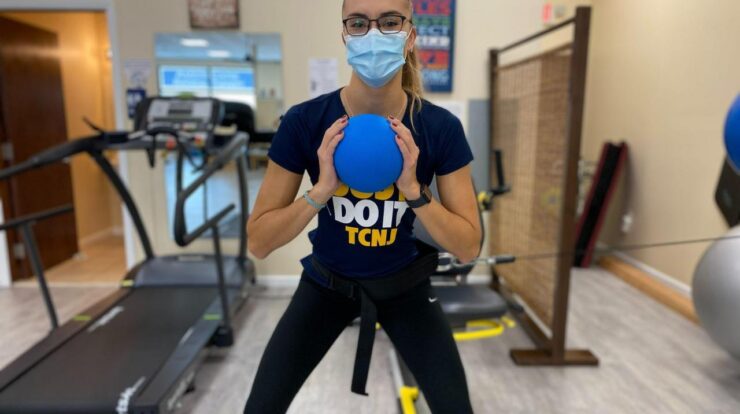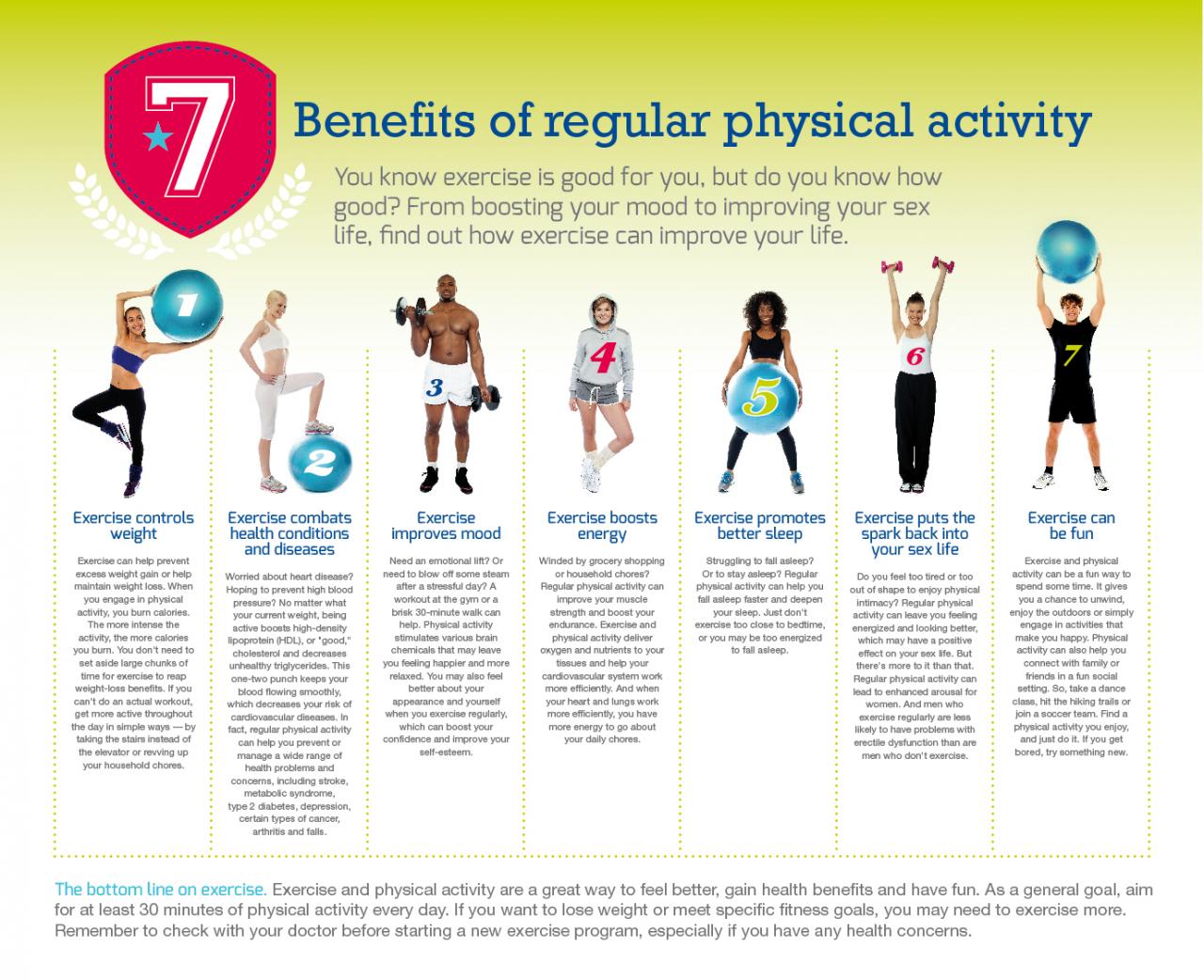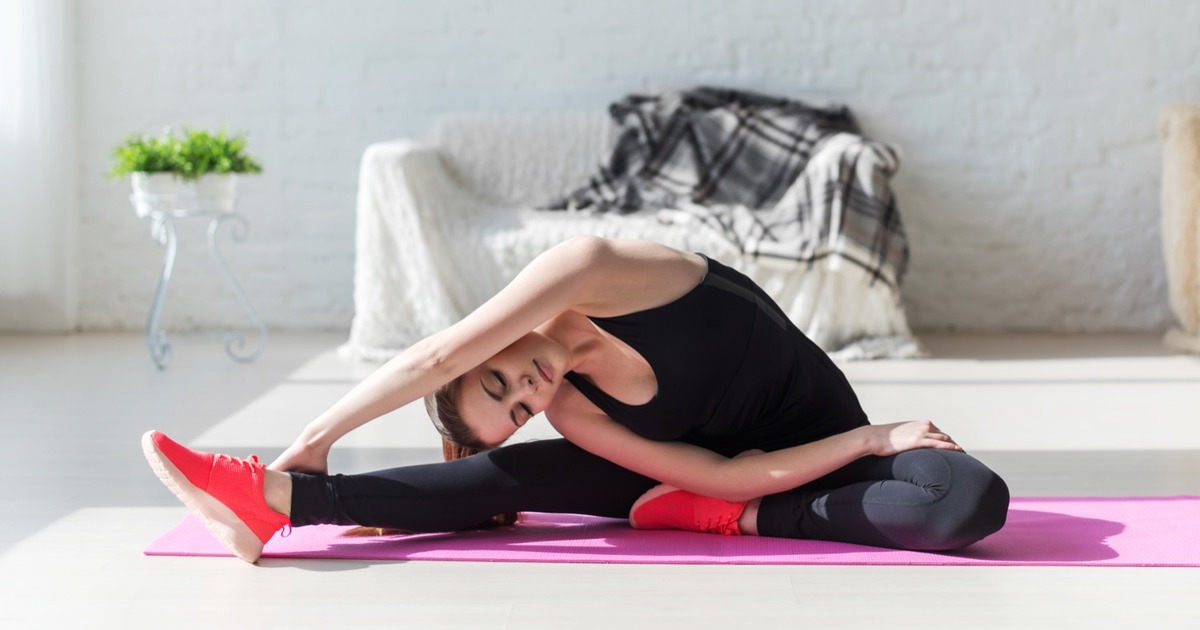
Explain why regular exercise is the best way to prevent flexibility issues. – Regular exercise is widely acknowledged as the most effective means of preventing flexibility issues. By engaging in regular physical activity, individuals can enhance their range of motion, maintain muscle elasticity, and reduce stiffness, ultimately promoting optimal flexibility throughout their lives.
The benefits of regular exercise for flexibility extend beyond improved physical performance. It also contributes to overall well-being, reducing the risk of injuries, enhancing posture, and facilitating the maintenance of flexibility as we age.
Why Regular Exercise is the Best Way to Prevent Flexibility Issues

Maintaining flexibility is crucial for everyday activities, from reaching for a high shelf to bending down to tie shoes. Regular exercise is a comprehensive approach that not only improves overall health but also effectively prevents flexibility issues.
Happy Mother’s Day to all the wonderful mothers out there! Snoopy is here to wish you a very special day filled with love, laughter, and memories. For more Mother’s Day greetings from Snoopy, visit here .
Regular exercise, defined as engaging in physical activity most days of the week, offers numerous benefits for flexibility. It increases range of motion and joint mobility by promoting the production of synovial fluid, which lubricates joints and reduces friction.
How Regular Exercise Improves Flexibility
Exercise helps maintain muscle elasticity and reduces stiffness by stretching and strengthening muscles. Dynamic stretching, which involves controlled movements through a full range of motion, is particularly effective in improving flexibility. Examples of exercises that promote flexibility include yoga, Pilates, and tai chi.
Happy Heavenly Mother’s Day to all the mothers who are no longer with us. We miss you dearly and remember you always. For a touching tribute to mothers in heaven, visit here .
Comparison with Other Methods
While stretching and yoga can improve flexibility, regular exercise is more effective in preventing flexibility issues. This is because exercise provides a more comprehensive approach, combining dynamic stretching with muscle strengthening. Research has shown that regular exercise leads to greater improvements in range of motion and flexibility compared to stretching alone.
Back muscles play a vital role in our overall health and fitness. They help us maintain good posture, prevent back pain, and improve our athletic performance. For tips on how to strengthen your back muscles, visit here .
Benefits of Regular Exercise for Flexibility, Explain why regular exercise is the best way to prevent flexibility issues.
Regular exercise offers long-term benefits for flexibility. It reduces the risk of injuries by improving joint stability and muscle coordination. Additionally, it improves posture by strengthening core muscles and reducing muscle imbalances.
As we age, flexibility naturally declines. However, regular exercise can help maintain flexibility and reduce the risk of age-related stiffness. Improved flexibility can enhance daily activities, such as walking, climbing stairs, and gardening.
Considerations and Recommendations
When incorporating regular exercise into a routine, consider your fitness level and any underlying health conditions. Start gradually and gradually increase the intensity and duration of your workouts. Aim for at least 30 minutes of moderate-intensity exercise most days of the week.
To make exercise sustainable, find activities you enjoy and incorporate them into your daily routine. Consider group fitness classes, outdoor activities, or home workouts. Regular exercise is the key to preventing flexibility issues and maintaining a healthy, active lifestyle.
Conclusion

Incorporating regular exercise into one’s routine is essential for preserving flexibility. By understanding the importance of flexibility and the benefits of regular exercise, individuals can make informed choices that will positively impact their overall health and well-being.
General Inquiries: Explain Why Regular Exercise Is The Best Way To Prevent Flexibility Issues.
How often should I exercise to improve flexibility?
Aim for at least 30 minutes of moderate-intensity exercise most days of the week.
What types of exercises are best for flexibility?
Exercises that involve stretching and lengthening muscles, such as yoga, Pilates, and tai chi, are highly effective.
Happy Mother’s Day to all the moms who make the world a better place! Your love, support, and guidance are invaluable. For heartfelt Mother’s Day wishes, visit here .
Can I improve flexibility at any age?
Yes, regular exercise can improve flexibility at any age. However, it’s important to start gradually and listen to your body.
Back muscles are essential for posture, balance, and movement. They support the spine and help us perform everyday activities such as walking, sitting, and lifting. To strengthen back muscles, try exercises like back extensions, deadlifts, and rows. For more information on back muscles, visit here .







